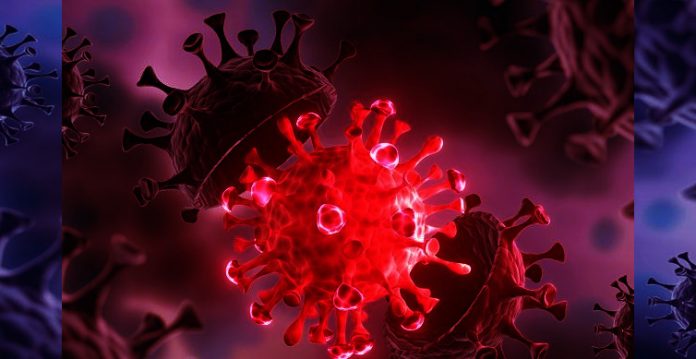Amidst the rising cases of the Delta variants, the US researchers have created an “atlas” as to how 152 different antibodies attack the Covid 19 virus machine and how it has evolved since 2020.
Researchers Studied Memory B Cells For Research
The research features antibodies that can kill the more current strains while recognizing areas of the spike protein that have gotten more impervious to assault.
“Arising information shows that immunizations actually give some insurance from new SARS-CoV-2 variations, and our examination shows how that functions from an immunizer angle,” said Duane Wesemann, of the Division of Allergy and Clinical Immunology and Division of Genetics at Brigham and Women’s Hospital.
“This information can help us consider what the most ideal sort of promoter immunization may be by concentrating how the collection of human antibodies perceives the spike protein,” Wesemann added.
ALSO READ: Malnutrition may increase risk of Covid severity: Study
The analysts analyzed the counter acting agent delivering Memory B cells of 19 patients who were contaminated with SARS-CoV-2 in March of 2020, preceding the rise of new variations.
They concentrated how these antibodies, just as different antibodies that have been portrayed by analysts, tie to spike protein models of the B.1.1.7 (Alpha), B.1351 (Beta) and P.1 (Gamma) variations of SARS-CoV-2, which were first recognized in the UK, South Africa, and Brazil, separately.
An analysis of the Delta variant is currently underway.
Some Antibodies Emerge As More Responsive For Covid 19 Variants
Generally, the many antibodies they concentrate to a great extent tie to seven significant “footprints” on the spike protein.
While a considerable lot of these antibodies “contend” to tie to similar areas of the early form of the SARS-CoV-2 spike protein, with regards to more current strains, a portion of these antibodies lose their strength while others arise as comprehensively responsive neutralisers, the specialists said.
Specifically, antibodies restricting to two of these spike protein locales, named RBD-2 and NTD-1, were the most powerful neutralisers of beginning types of the spike protein.
The B.1.351 spike variation demonstrated to show the best capacity to dodge existing neutralizer antibodies, getting away from numerous RBD-2-and NTD-1-restricting antibodies. A few antibodies restricting another district, called S2-1, could perceive spike proteins from all the more remotely related infections like MERS, SARS, and normal cold Covids, the group clarified.
“Since we can distinguish the antibodies that are all the more extensively receptive to the entirety of the variations, we can consider how to evoke them all the more unequivocally in a vaccination,” Wesemann said.


